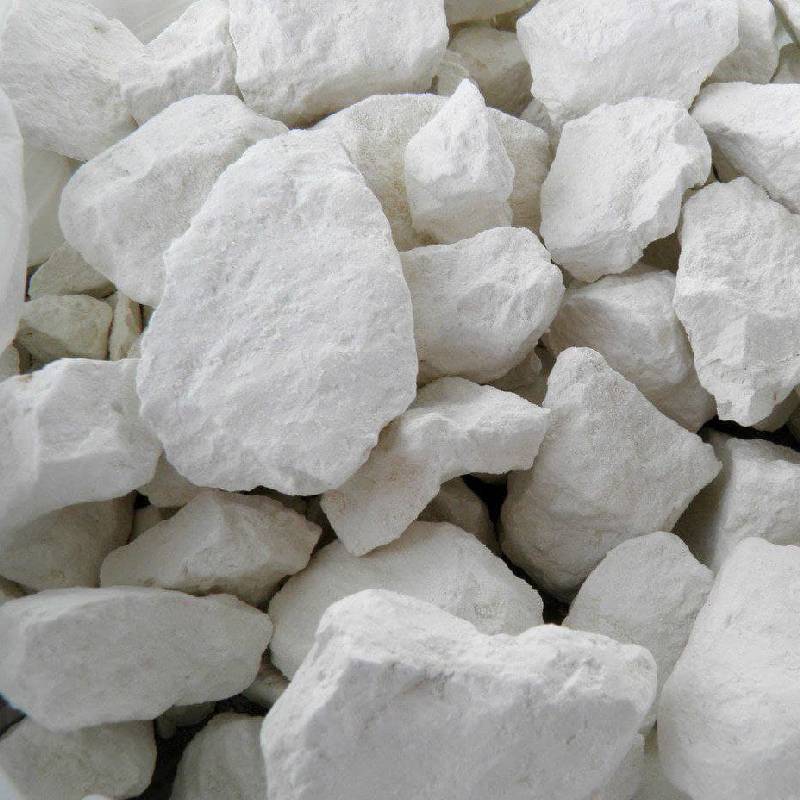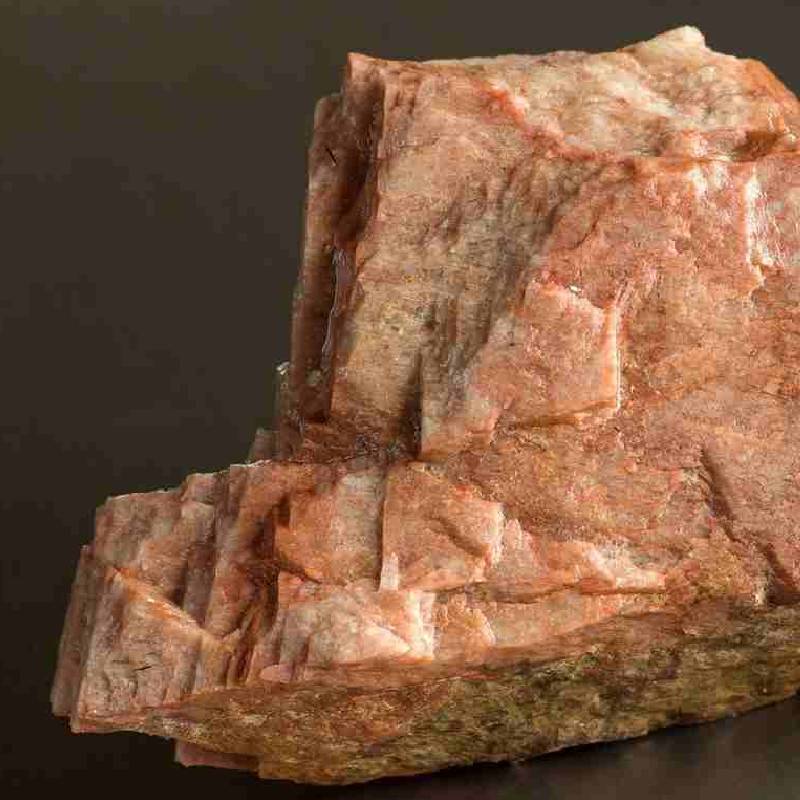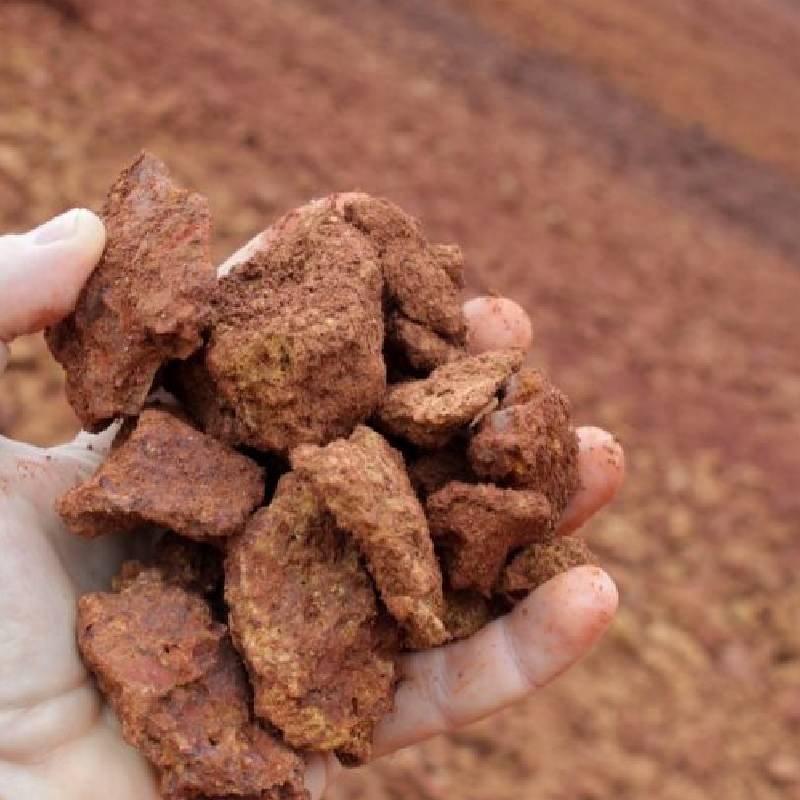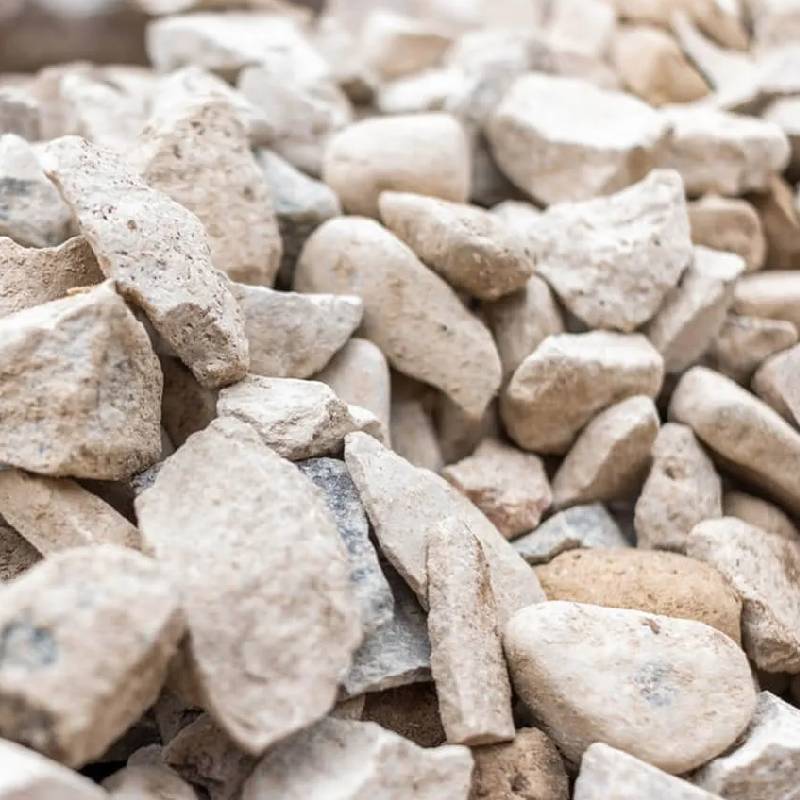
Flourapar (caf2)
Fluorspar (CaF2) is a key industrial mineral primarily used in the production of hydrofluoric acid, aluminum, and refrigeration gases. It also serves as a fluxing agent in steel and aluminum manufacturing, improving efficiency and quality in the production process. Known for its high purity and versatility, Fluorspar plays a crucial role in various applications, including chemical production, metallurgy, and the manufacturing of fluorocarbon products.
Read More
Chromite
Chromite is the primary ore of chromium, a metal essential in the production of stainless steel and other high-alloy steels. It is widely used in the manufacturing of ferrochrome, which is a key component in producing corrosion-resistant alloys. Chromite also has applications in refractory materials, chemical production, and various industrial processes. Known for its durability and high melting point, chromite is a critical mineral for industries such as steel, aerospace, and automotive.
Read More
Talc(Soapstone)
Talc (Soapstone) is a versatile, soft mineral widely used across various industries due to its unique properties. It is primarily known for its smooth texture, heat resistance, and inert nature, making it an ideal material in the production of cosmetics, pharmaceuticals, and personal care products. Talc is also used in the manufacture of ceramics, paint, plastics, and rubber. Additionally, it plays a role in food processing and as a lubricant in industrial applications. Its ability to absorb moisture and resist heat makes it a valuable material for a wide range of applications.
Read More
Raw Magnesite
Raw Magnesite is a naturally occurring mineral primarily composed of magnesium carbonate (MgCO₃). It is a key source of magnesium oxide, which has a wide range of industrial applications, including in the production of refractories, cement, and fertilizers. Raw Magnesite is also used in the manufacturing of magnesium metal, which is important for the aerospace, automotive, and electronics industries. Additionally, it serves as a fluxing agent in steelmaking and as a material in agriculture to correct soil acidity. Known for its high thermal stability and versatility, Raw Magnesite is a crucial material in various sectors.
Read More
Silica Quartz
Silica Quartz is a naturally occurring mineral composed primarily of silicon dioxide (SiO₂). Known for its hardness and chemical stability, Silica Quartz is an essential material across multiple industries. It serves as a primary source of silicon, which is integral to the production of glass, ceramics, and silicon-based electronics. In the construction sector, Silica Quartz is widely used in concrete, mortars, and grouts due to its strength-enhancing properties. It also plays a critical role in the manufacturing of solar panels and semiconductors, powering advancements in renewable energy and modern electronics.
Read More
Brite
Brite is a specialized mineral product often used in a variety of industrial applications, including as a filler or additive in manufacturing processes. It is valued for its consistent quality and brightness, making it ideal for use in products that require enhanced whiteness or clarity, such as in paints, coatings, plastics, and ceramics. Brite's properties also make it useful in certain chemical processes, where it contributes to the performance and durability of the final product.
Read More
Pink Salt
Pink Salt is a naturally occurring mineral salt known for its distinct pink color, which is a result of trace minerals such as iron oxide. It is commonly harvested from ancient sea salt deposits and is prized for its rich mineral content, including calcium, magnesium, and potassium. Pink Salt is widely used in culinary applications as a seasoning or finishing salt due to its mild flavor and appealing appearance. Additionally, it is used in spa treatments, bath salts, and wellness products for its purported health benefits. Its unique properties and aesthetic appeal make it a popular choice for both food and non-food applications.
Read More
Iron Ore
Iron Ore is a naturally occurring mineral from which iron is extracted for use in manufacturing steel and other industrial products. As one of the most essential raw materials in the global economy, iron ore is primarily processed into iron and steel, which are foundational for the construction, automotive, and infrastructure sectors. It is typically found in forms such as hematite, magnetite, and goethite, each with varying levels of iron content. Iron ore's versatility and crucial role in the production of alloys and metal products make it a vital commodity in industries worldwide.
Read More
Gypsum
Gypsum is a soft sulfate mineral composed of calcium sulfate dihydrate (CaSO₄·2H₂O), commonly used in the construction, agriculture, and industrial sectors. It is most well-known as a primary ingredient in the production of plaster, drywall, and cement. In agriculture, gypsum is used as a soil conditioner to improve soil structure, drainage, and reduce salinity. Additionally, gypsum plays a role in water treatment processes and can be used in the manufacturing of certain chemicals. Its versatility, non-toxic nature, and ability to improve the quality of various products make it an essential mineral in many industries.
Read More
Kaolin
Kaolin is a fine, white clay mineral that is widely used in various industries due to its unique properties, including its softness, high purity, and excellent dispersibility. It is primarily used in the production of ceramics, where it is a key ingredient in porcelain and pottery, providing strength and smoothness. Kaolin is also essential in the paper industry, where it is used as a coating pigment to improve print quality and brightness. Additionally, it is used in the manufacture of paints, rubber, cosmetics, and pharmaceuticals. Its versatility and high-quality characteristics make it a valuable raw material in numerous industrial applications.
Read More
Feldspar
Feldspar is a group of rock-forming minerals that are rich in aluminum and silica, and it is one of the most abundant minerals on Earth. Feldspar is primarily used in the production of glass and ceramics, where it acts as a flux to lower the melting temperature of the materials and improve their strength and durability. It is also used as an industrial filler in paints, plastics, and rubber, enhancing the properties of these products. Due to its excellent thermal stability and chemical resistance, feldspar is a crucial component in many manufacturing processes, making it essential in industries such as construction, ceramics, and automotive.
Read More
Manganese
Manganese is a crucial metallic element widely used in the production of steel and other alloys. It is primarily used to improve the hardness, strength, and durability of steel by preventing rust and enhancing its resistance to wear and tear. Manganese is also an essential component in the production of batteries, particularly in lithium-ion and alkaline batteries, as well as in electronics and energy storage solutions. Additionally, it has applications in the chemical, automotive, and manufacturing industries, where it is used in producing fertilizers, pesticides, and pigments. Manganese’s versatility and key role in modern industrial processes make it a vital mineral in global supply chains.
Read More
Bouxite
Bauxite is the primary ore of aluminum and the most important source of this lightweight metal. Composed mainly of aluminum oxides, bauxite is extracted and refined to produce alumina, which is then further processed to obtain aluminum metal. Bauxite is used in a variety of industries, from the production of aluminum for aircraft, automobiles, and packaging to the manufacture of alumina-based products like abrasives and ceramics. It also finds applications in the production of refractories, cement, and chemicals. Due to its high aluminum content and widespread availability, bauxite is a critical mineral for modern industrial development.
Read More
Limestone
Limestone is a sedimentary rock primarily composed of calcium carbonate (CaCO₃) and is widely used in construction, manufacturing, and various industrial applications. It is a key ingredient in the production of cement, where it is heated to produce lime, an essential material for building and infrastructure projects. Limestone is also used as a building stone, in the production of glass, and as a soil conditioner in agriculture to neutralize soil acidity. Additionally, it serves as a flux in steelmaking and is used in water treatment processes to remove impurities. Its abundance, durability, and versatility make limestone one of the most valuable minerals in the construction and industrial sectors.
Read More
Phosphate
Phosphate is a naturally occurring mineral that is most commonly used in agriculture, particularly as a key component in fertilizers. It is rich in essential nutrients, especially phosphorus, which is critical for plant growth, root development, and overall crop yield. Phosphate is also used in the production of animal feed, food additives, detergents, and in various industrial applications. Additionally, phosphate rock is processed to produce phosphoric acid, which is used in the manufacturing of chemicals and water treatment products. As one of the essential nutrients in agriculture, phosphate plays a pivotal role in global food production and is a vital resource for sustaining agricultural productivity.
Read More